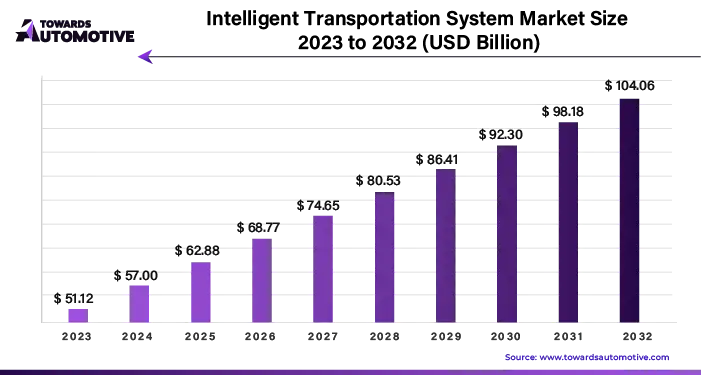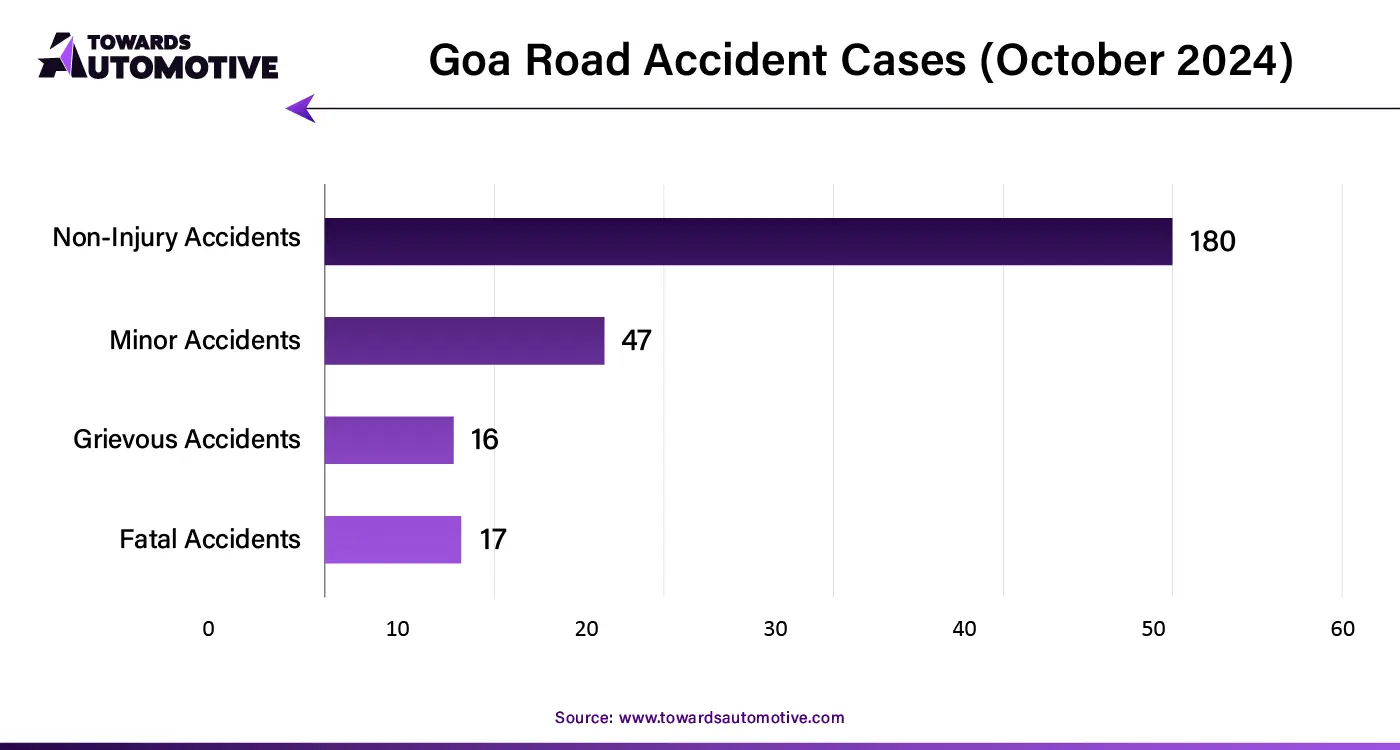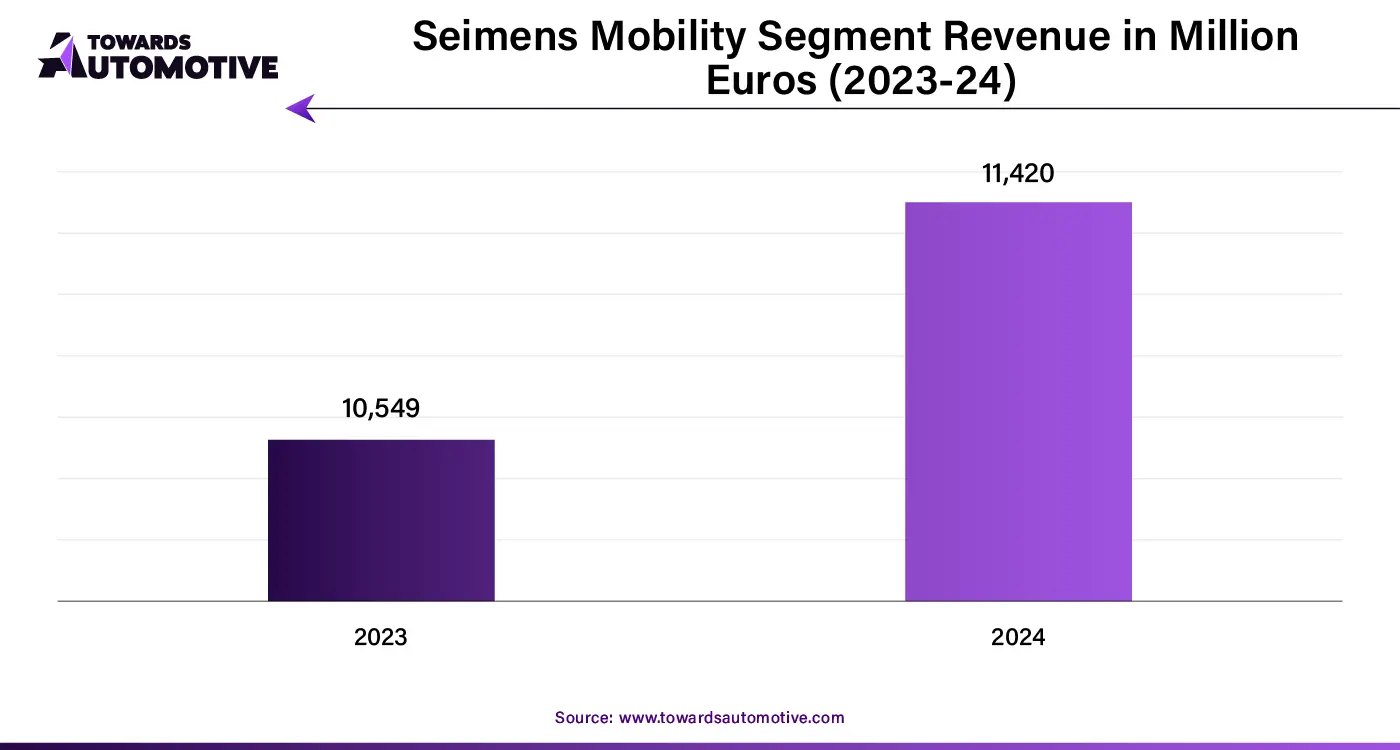April 2025
The intelligence transportation system market size is calculated at USD 55.57 billion in 2024 and is anticipated to reach around USD 126.11 billion by 2034, growing at a CAGR of 8.54% from 2025 to 2034.

Unlock Infinite Advantages: Subscribe to Annual Membership
The intelligent transportation system market is a crucial branch of the automotive and transportation sector. This industry deals in developing solutions for management of transportation systems around the world. There are several types of hardware components developed in this industry consisting of interface boards, sensors, surveillance cameras, telecommunication networks, monitoring and detection systems and some others. This industry also develops different types of software comprising of visualization software, video detection management software, transit management software and some others.
The application of intelligent transportation system includes rail-running operation and collision avoidance, passenger information management, smart ticketing, security surveillance, emergency notification and some others. These solutions are developed for several modes of transportation consisting of roadway, railway, airway and maritime. The growing cases of road accidents in different parts of the world has contributed to the market development. This market is projected to rise significantly with the growth in the maritime industry across the globe.


In February 2024, Jackey Wang, the vice president of Smart Transportation BU, Huawei, announced that, “Digital and intelligent transportation needs to improve travel experience for passengers and reduce logistics costs across the whole society." He continued on to state that Huawei, with a focus on industry scenarios, has developed creative ICT products and solutions. "By adopting a 'point-line-plane' approach, we have teamed up with customers and partners to build a digital and intelligent foundation for comprehensive transportation and logistics that can facilitate the secure and efficient operations of the supply and industrial chains, consolidate the digital infrastructure to improve the capability of transportation, harness the potential of data elements to develop the transportation economy, and leverage full-stack digital capabilities to guarantee the digital transportation security."
The intelligent transportation system market is a highly competitive market with numerous players operating in this sector. Some of the prominent companies of this industry consists of Siemens, Honeywell International Inc, vosla GmbH, Sealite Pty Ltd t/as Sealite & Avlite, Eaton Corporation and some others. These companies are adopting several strategies such as investments, partnerships, acquisitions and some others to maintain their dominant position in this industry.

By Mode of Transportation
By Roadway Offering
By System Type
By Roadway Application
By Region
April 2025
April 2025
April 2025
April 2025
Dr. Arjun Patel is a distinguished expert in the automotive industry, holding advanced degrees in Automotive Engineering and Mechanical Engineering. His expertise spans automotive market dynamics, technological advancements, and sustainable practices. Dr. Patel excels in conducting in depth research and analysis on market trends, consumer preferences, and the economic implications within the automotive sector. He is renowned for his insightful publications on topics such as electric vehicles, autonomous driving technologies, and the evolution of sustainable transportation solutions. Dr. Patels research contributions have significantly advanced understanding in the field, earning him recognition as a leading authority in automotive research and analysis.
We offer automotive expertise for market projections and customizable research, adaptable to diverse strategic approaches.
Contact Us